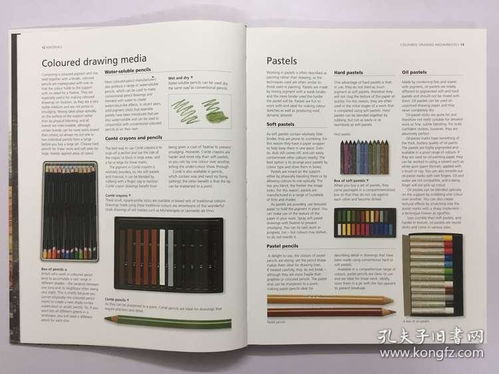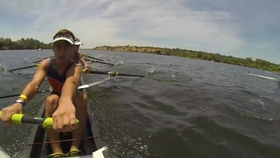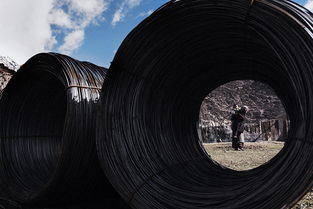Content:
In the world of angling, having the right fishing rod can make all the difference between a rewarding day on the water and a frustrating one. Whether you're a seasoned fisherman or a beginner looking to improve your skills, knowing how to effectively choose and use a fishing rod is crucial. Here, we delve into the art of reeling in the best fishing rods, offering you a comprehensive guide on the tips and methods to help you excel in this sport.
Understanding the Basics of Fishing Rods
Before diving into the specifics of how to choose and use a fishing rod, it's important to understand the basics. A fishing rod is a tool designed to cast, play, and land fish. It consists of several key components:
- Blank: The main part of the rod, which is typically made of graphite or fiberglass.
- Guides: Small rings that help guide the line through the rod.
- Reel Seat: Where the reel is attached to the rod.
- Handle: The part of the rod you hold, which can be made of cork, foam, or wood.
- Butt: The lower part of the rod, which can be used for additional leverage.
Choosing the Right Fishing Rod
The first step in mastering the art of fishing is selecting the right rod for your needs. Here are some factors to consider:
Type of Fishing: Different types of fishing require different rod actions. For example, a spinning rod is best for lighter lures and baits, while a baitcasting rod is ideal for heavier lures and live bait.
Rod Length: The length of the rod should be proportional to the type of fishing you're doing. Longer rods are better for casting over long distances, while shorter rods are more maneuverable in tight spaces.
Action: The action of a rod refers to how it bends when pressure is applied. Fast-action rods bend near the tip, while slow-action rods bend more towards the handle. Choose the action based on the type of fish you're targeting and the way you like to fish.
Power: The power of a rod refers to its resistance to bending. Light power rods are more sensitive, while heavy power rods are more durable and suitable for larger fish.
Material: Graphite rods are lightweight and sensitive, while fiberglass rods are more durable and less expensive.
Techniques for Using a Fishing Rod
Once you've chosen the right fishing rod, it's time to learn how to use it effectively. Here are some essential techniques:
Casting: Practice your casting technique to ensure accuracy and distance. Start with short casts and gradually increase the distance as you become more comfortable.
Lining Up: Before casting, make sure the line is properly lined up with the guides to prevent tangles.
Reeling: Learn how to reel in smoothly and efficiently to avoid line twists and to keep the fish from feeling the tension.

Playing the Fish: Once you've hooked a fish, play it carefully. Use the rod to guide the fish towards the boat or shore, and apply pressure as needed to prevent it from breaking free.
Landing: When the fish is close to the boat or shore, use the rod to help guide it into the net or onto the deck.
Advanced Tips for Improving Your Skills
To truly master the art of fishing, consider the following advanced tips:
Customize Your Setup: Adjust your rod, reel, and line to match the conditions and the fish you're targeting. This may involve changing the weight of the lure, the type of line, or the rod's action.
Learn from Others: Watch experienced anglers and ask for advice. You can learn a lot by observing how others fish and what techniques they use.
Practice Regularly: Like any skill, fishing improves with practice. Spend time on the water, even if it's just for a few hours each week.
Stay Informed: Keep up with the latest fishing gear and techniques. New products and methods can give you an edge on the water.
Respect the Environment: Always practice catch-and-release fishing when possible, and be mindful of the impact you have on the environment.
By following these tips and techniques, you'll be well on your way to becoming a master angler. Remember, the art of fishing is both a science and a form of meditation, and with the right tools and knowledge, you'll be able to enjoy the beauty and tranquility of the water like never before. Happy fishing!












